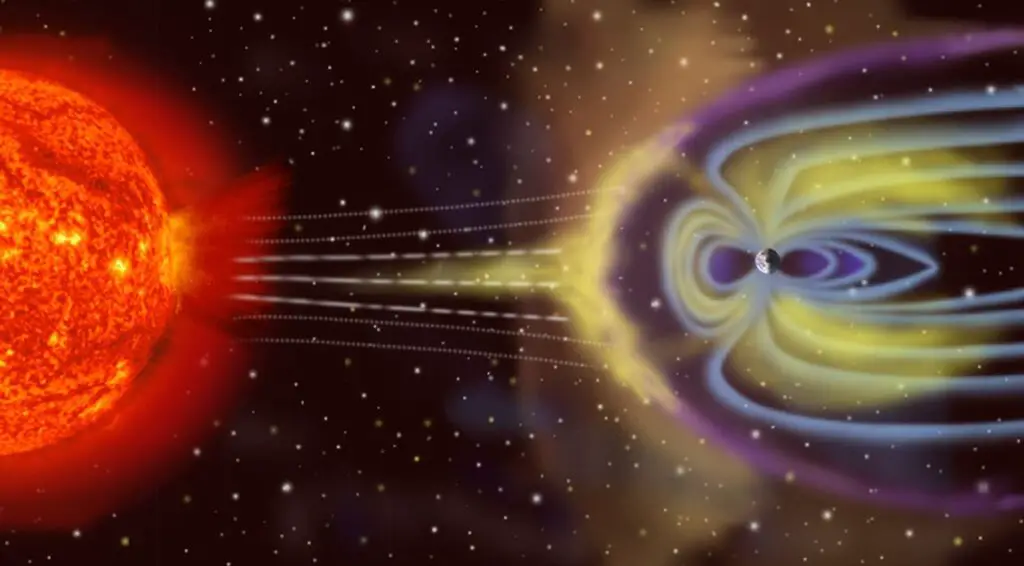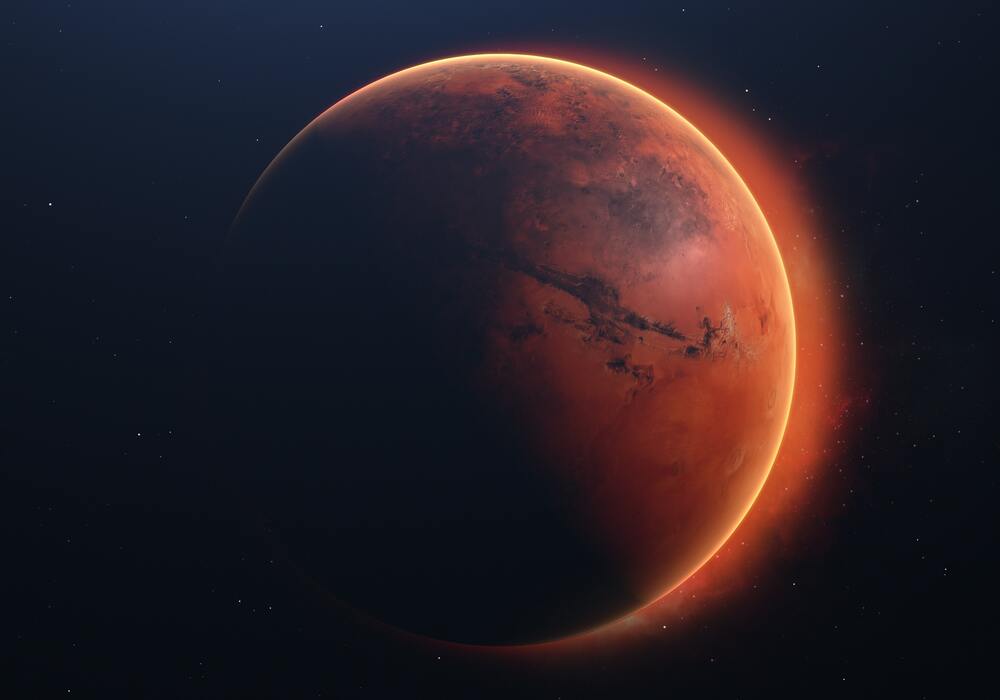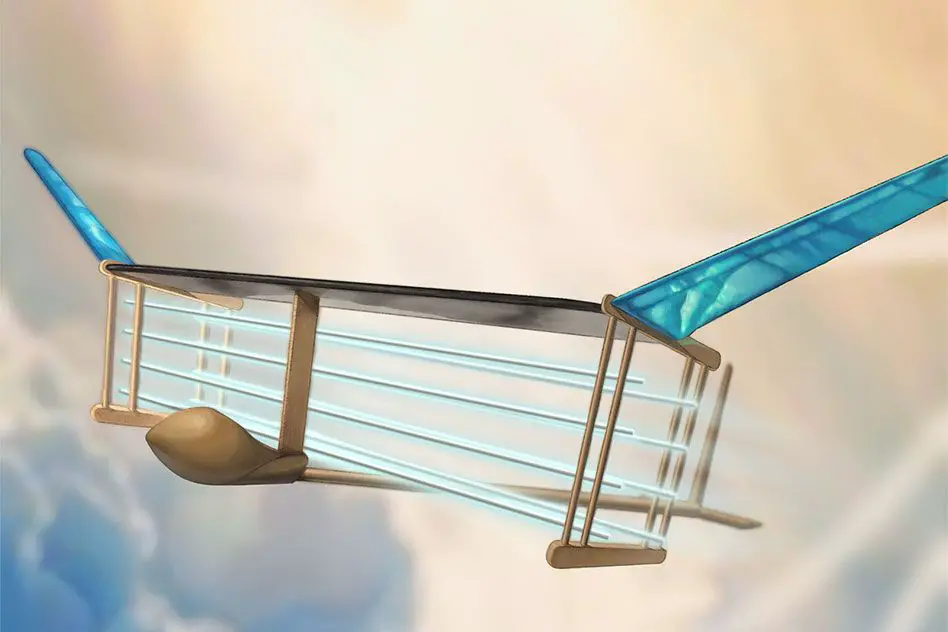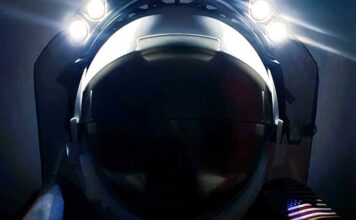When the earth is not suitable for human habitation, the only hope for human survival is somewhere near in solar system.
Now the world’s top scientists hope that Mars can be colonized by the middle of this century, but the earth species is likely to encounter unbearable pain during flight, including kidney disease or stone. Now scientists have started experiments on mice to find the cause, hoping to find a special medicine to avoid the pain of the disease.
Astronauts reported suffering from kidney stones
Scientists have been concerned about the physical condition of astronauts after returning to Earth. According to the NASA report, more than 30 astronauts who ended their space missions reported suffering from kidney stones.
Scientists believe that one may be that the microgravity environment causes bone density to decrease, causing calcium to be lost to the blood and causing kidney stones. Dehydration is another possible factor. In addition, astronauts taking drugs that prevent vision abnormalities from spaceflight may also increase the risk of kidney stones.
Scientists want to dig deeper into the mechanism by which space travel causes kidney stones. NASA’s Ames Research Center and University of London researcher and kidney expert analyzed 10 mouse kidneys placed on the International Space Station by the end of 2020 and 20 mouse kidneys exposed to space radiation in Earth labs .
Scientists examine kidneys using big data omics approaches, looking for biomolecular changes in kidney protein and RNA profiles. In addition, whole-organ 3D imaging technology was used to observe structural changes and microscopic damage.
The research isn’t complete, but scientists have observed that cosmic radiation, including gamma radiation and high-energy particles, can damage kidney DNA and affect fat transport and metabolism. And there were also signs of changes in the proteins surrounding kidney cells, indicating that the organ was adapting or damaged.
The scientists said the mice exposed to laboratory cosmic radiation had lower levels of proteins involved in transporting ions such as sodium, calcium and phosphate. The findings also showed that mitochondria, the powerhouse of cells, were damaged. A key part of the kidney is the proximal tubular cells, which are completely dependent on the energy produced by the mitochondria to function. These are all factors that can adversely affect the kidney, and similar results were found in mice on the International Space Station.

Kidney is most sensitive organ to radiation
Lab mice were exposed to a dose equivalent to a year-and-a-half trip to Mars, and these astronauts with kidney stones were only on the International Space Station for a month. The research team believes that the microgravity environment may amplify the radiation effects.
Scientists say that while many organs in humans can withstand a certain amount of radiation, the kidney is one of the most sensitive to radiation, and when the cells in the proximal renal tubules decline, kidney failure can result. Based on this preliminary study alone, scientists say “you might go to Mars, but you might need dialysis on the way back.”
This research is not only trying to solve the problems that human space travel may encounter process and causes, opening up new avenues for treatment.
(For further reading follow this article)




